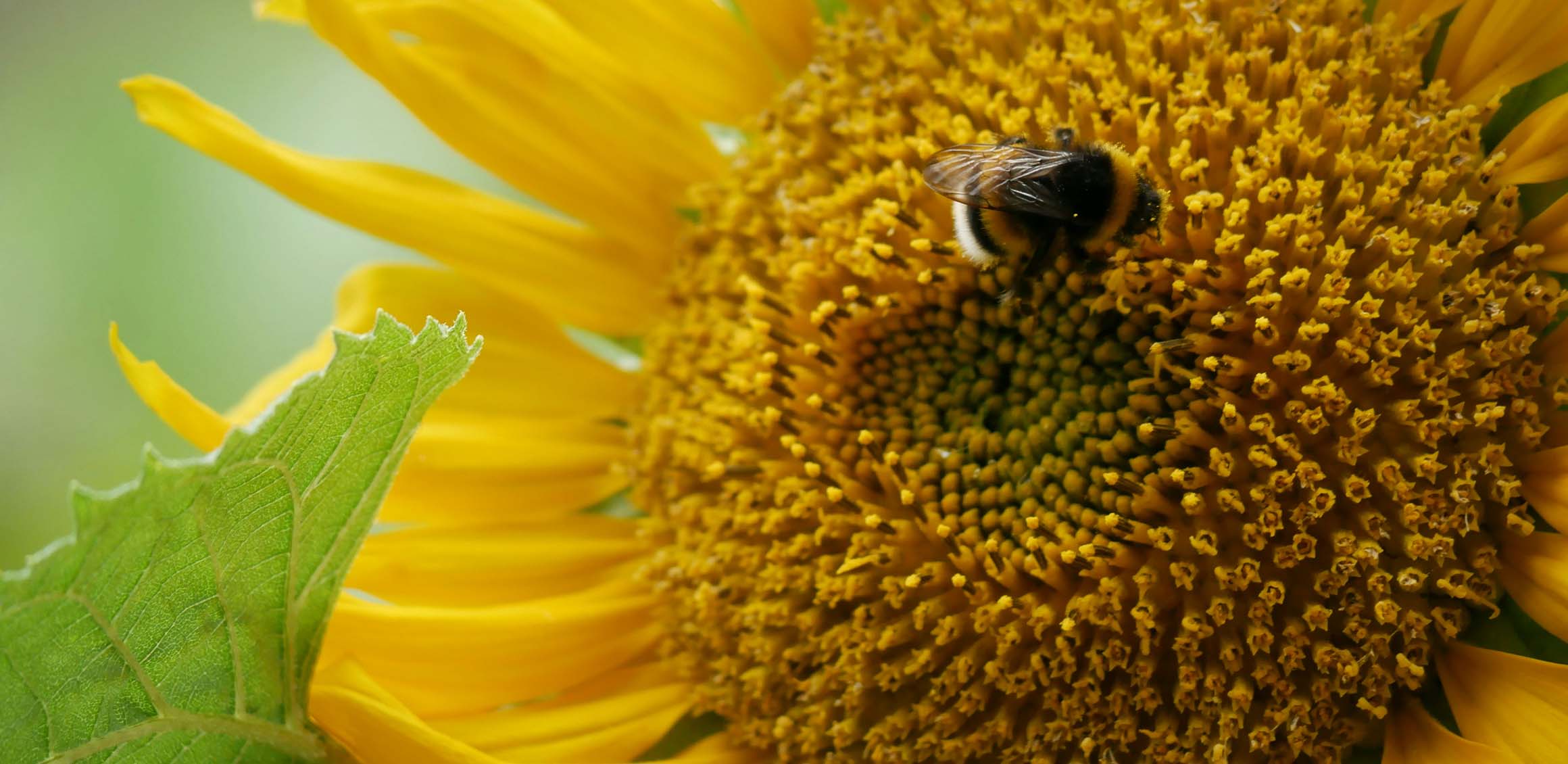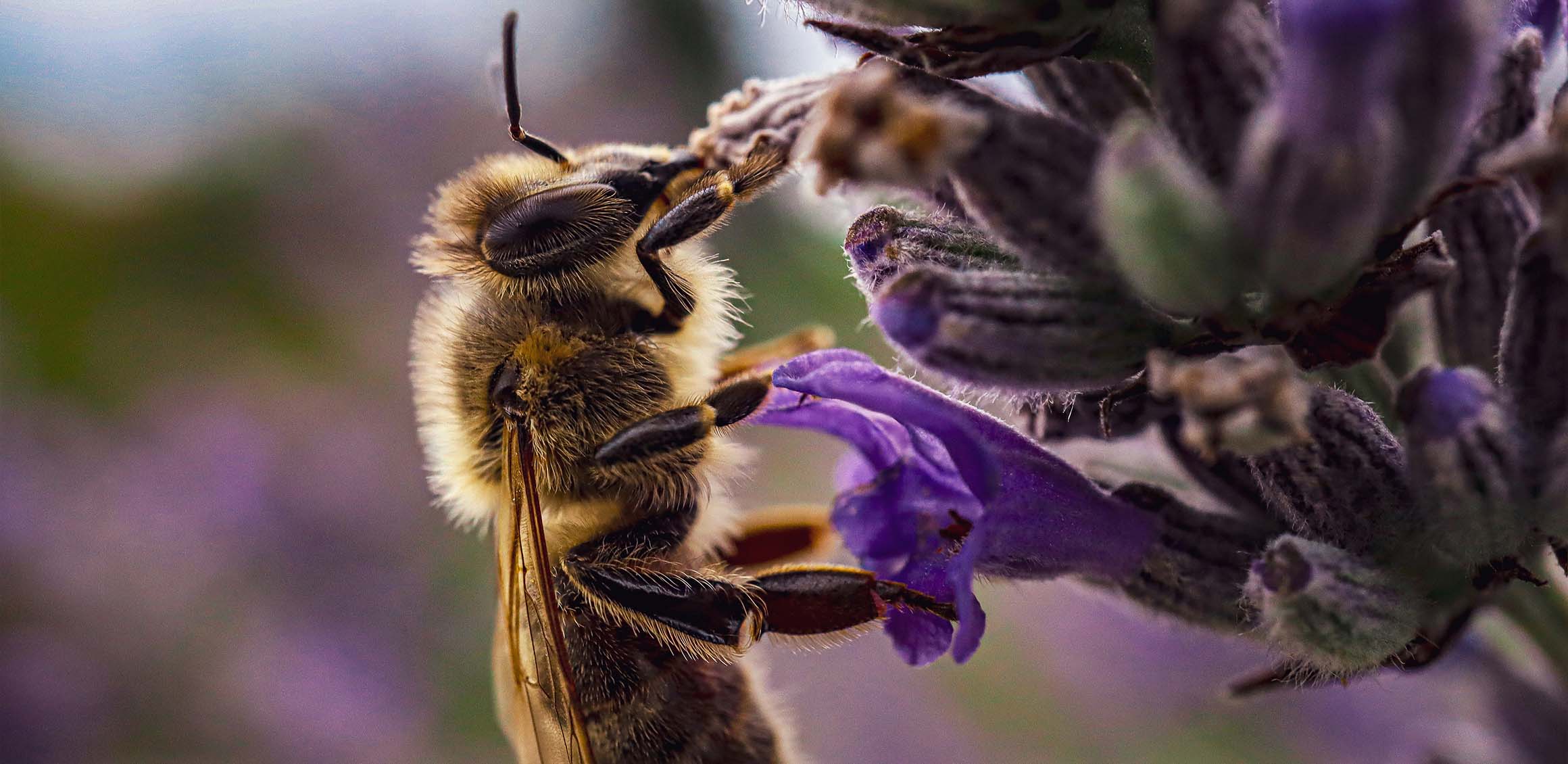The role of pollinators in winter crop production
Pollinators play a vital role in agriculture, ensuring higher crop yields and better-quality produce. While much attention is given to pollination during the Kharif season, Rabi (winter) crops also benefit immensely from these tiny farm allies. In India, crops such as mustard, peas, and vegetables rely on pollinators to varying degrees.
Winter Crops That Depend on Pollinators
Although many Rabi crops are self-pollinated or wind-pollinated, the presence of insects like bees can enhance yield, quality, and seed setting. Some key winter crops in India that benefit from pollinators include:
Legumes (Peas, Lentils) : Pollinators like bees improve pod formation, resulting in more uniform produce.
Mustard : Crucial in states like Rajasthan, Haryana, and Uttar Pradesh, mustard fields see increased seed set and oil content when bees are active during flowering.
Sunflower and safflower : Though less common, these oilseeds also rely on bees for better seed development.
Vegetables (Carrot, Coriander) : Pollination boosts seed production for these crops grown for culinary and medicinal purposes.
Why Pollinators Matter in Indian Farming
Pollinators offer several benefits for Indian farmers:
Higher Yields : Improved pollination leads to a greater number of seeds, ensuring higher productivity per acre.
Better Quality Produce : Pollinated crops exhibit more uniform growth, better seed setting, and higher oil content.
Reduction in Input Costs : With enhanced pollination, farmers can expect better results without increasing chemical inputs or labour efforts.
Crop Diversification : Pollinators allow farmers to grow crops that yield better with insect activity, such as oilseeds and certain pulses, improving farm profitability.
Challenges Faced by Pollinators in Winter
Despite their importance, pollinators face several challenges during the Rabi season:
Scarcity of Nectar : Fewer blooming plants limit the availability of nectar and pollen in colder months.
Weather Conditions : Low temperatures affect the activity of bees and other insects, reducing their foraging time.
Habitat Loss : Agricultural expansion has led to the removal of hedgerows and natural habitats, leaving pollinators without nesting spaces.
Use of Pesticides : Even when applied off-season, pesticides can harm dormant pollinators and impact their early spring activities.
Practical Steps for Indian Farmers to Support Pollinators in Winter
Farmers can adopt these simple practices to attract and protect pollinators, ensuring better yields and crop health during winter:
1. Plant Floral Borders and Cover Crops
Including flowering plants like mustard, fenugreek, and marigold along field edges provides nectar and pollen for pollinators. Additionally, cover crops such as clover and vetch enrich soil and offer foraging opportunities during lean months.
2. Preserve Natural Habitats
Allowing native shrubs, small trees, and wildflowers to grow along farm borders provides shelter and nesting sites for bees and butterflies.
3. Minimize Chemical Use
Limiting pesticide and herbicide application during flowering stages reduces harm to pollinators. If spraying is necessary, it should be done in the late afternoon or evening when pollinators are less active.
4. Offer Water Sources
A small water source, such as shallow bowls with stones, can support thirsty pollinators on sunny winter days. Water availability helps maintain their energy levels and encourages them to forage nearby.
5. Promote Bee-Keeping in Rural Areas
Encouraging rural communities to engage in beekeeping benefits both crop yields and honey production. According to an article by Press Institute of India, in states like Punjab and Bihar, integrating beekeeping with mustard and sunflower cultivation has shown promising results.
With India’s agricultural focus shifting towards diversification and higher-value crops, the role of pollinators becomes even more critical. Farmers who invest in pollinator-friendly practices not only enhance their Rabi yields but also future-proof their operations by maintaining crop health.
There are many other pollinators too, like Beetles for instance, which were among the first insects to visit flowers and they remain essential pollinators today. Beetles will eat their way through petals and other floral parts. Soldier beetles, scarabs, long-horned beetles, sap beetles, and checkered beetles are all examples of beetle species that pollinate flowers.
At INDAM, we understand the value pollinators bring to winter crops. Our hybrids, such as mustard and peas, are bred to thrive under natural pollination conditions, ensuring farmers get the most out of each season. With small but meaningful efforts, farmers can boost their winter crop yields while building a harmonious relationship with nature.



